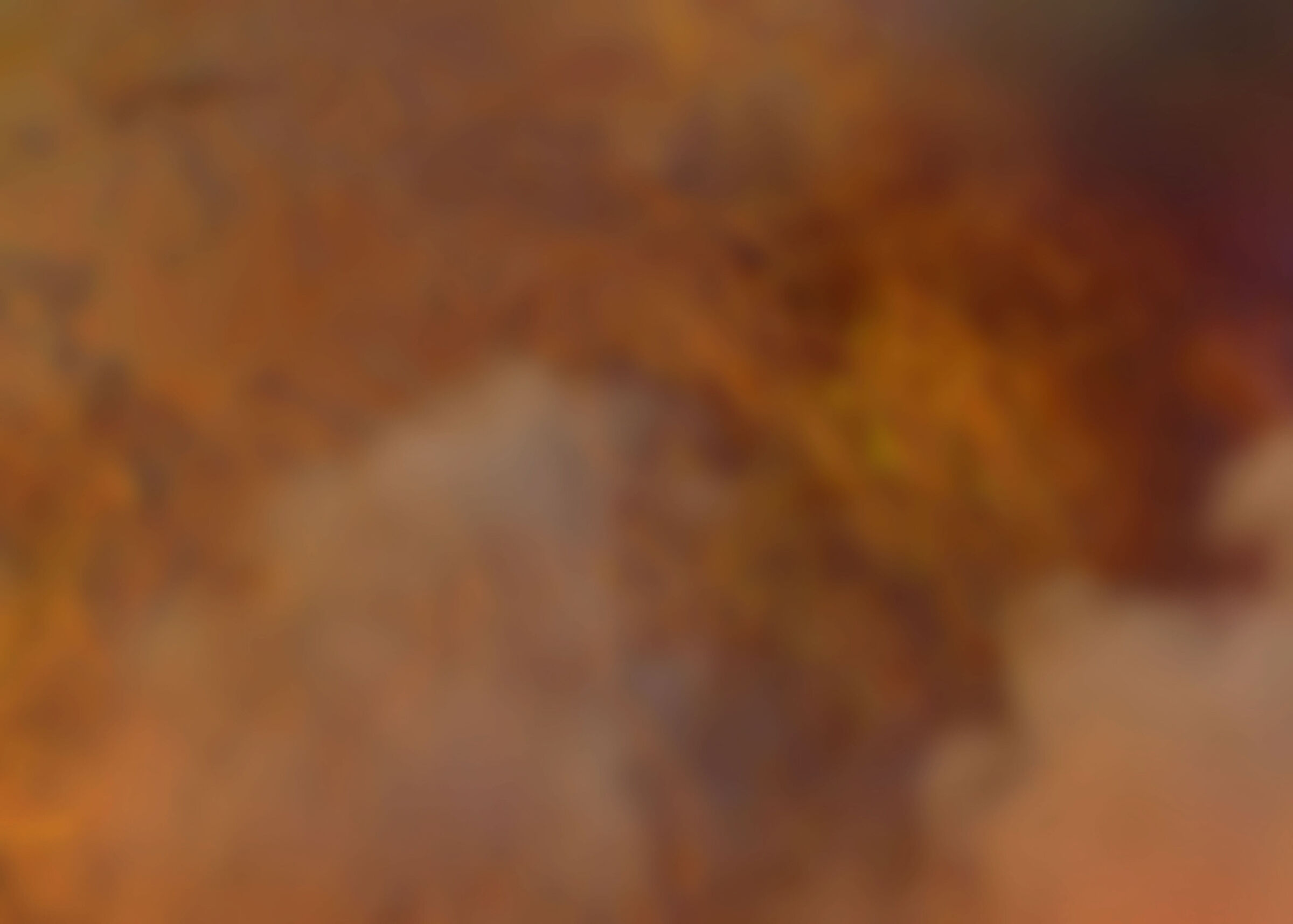Pilot 01
'Changes'
When we experience change in our lives, it can be quite disruptive. But if you experience change in a incrementally, continuous flow (think about the last two years of Covid regulations or all the news media about climate change) all that change just turns into a background hum that you manage to live on top of. We’re willing to celebrate a pandemic becoming endemic (with us but in the background continuously) but what about climate change. Have we already tuned out the constant hum of climate change?
One of the struggles with climate change is our short attention spans. Say a word enough times and it loses its meaning. (Pickle, pickle, pickle, pickle). The same can be said for climate change.
Some people, like Timothy Morton, say the word doesn’t encapsulate the true issues at hand (global warming). I’ve also definitely been around people that have demonstrated what I call ‘The Anthropocene eye role’. That expression of, ‘ah, are we on this again?
With constant media bombardment, it’s expected we struggle with a degree of fatigue. To say it another way, there seems to be a need to continually diversify the messaging. We have to go beyond the climate change disaster stories in the media or the reports of ethical breaches from the corporations selling us technologies we’re told we can’t live without.
People like the social anthropologist Donna Haraway have introduced new vocabulary like ‘Chthulucene’ and ‘Capitalocene’ to open the conversation up and even remind us that much of this is more than a human event. Because names are important and the evolution of our vocabulary over the last few decades has played a big role in how we come to terms with what is occurring around us. Our choice of vocabulary shifts the filters of what we can see around us. New vocabulary helps us grasp previously unknowable events. New vocabulary helps us define events and tell those stories.
Beyond the language we use are the stories we tell. If Inventing nouns belongs to the writers and climatological data belongs to government agencies, how are the rest of us contributing to this collective knowledge? The author Amy Brady might say that what most of us can do is ‘bear witness’. Cataloguing the memories of what we no longer experience in nature, recounting what we once saw and heard, standing as a witness to the past we no longer can show to your children or friends. Bearing witness can take many forms.
Beyond the seemingly unanswerable big questions of how we might live through this great change, and how we shape future change, there are more accessible questions we can tackle today. How do we go about not becoming complacent to all this change around us? How do we keep it all in the foreground? How do we not get climatized to this changing climate because it’s going to be with us for a very long time. Keeping change new is becoming a novel problem.
